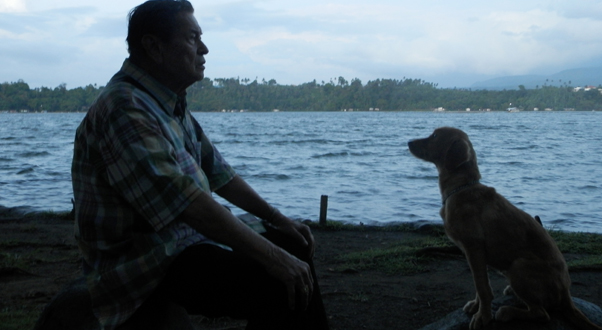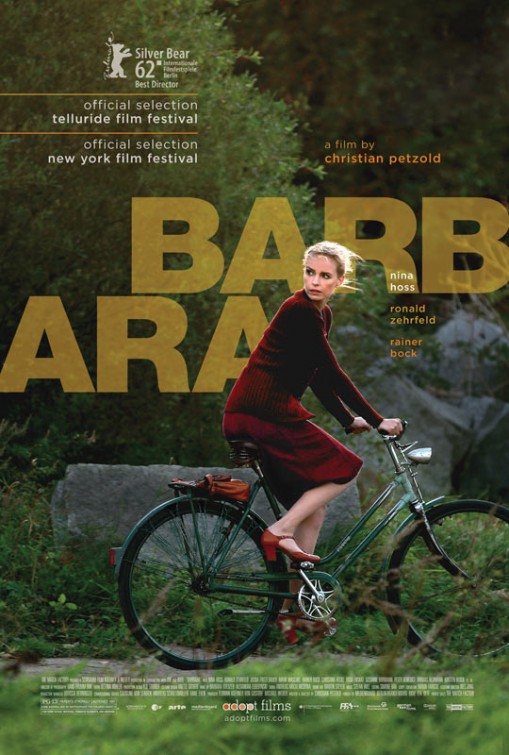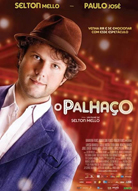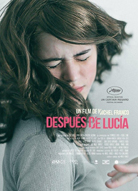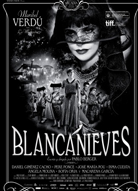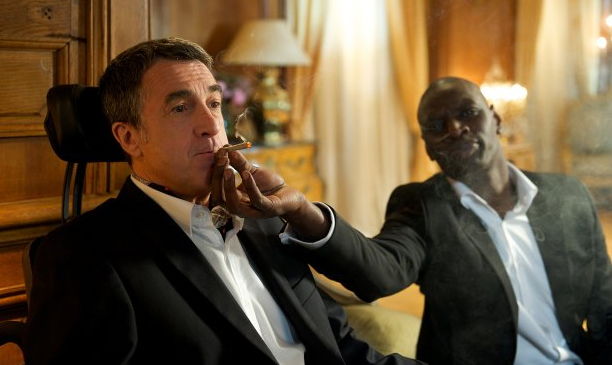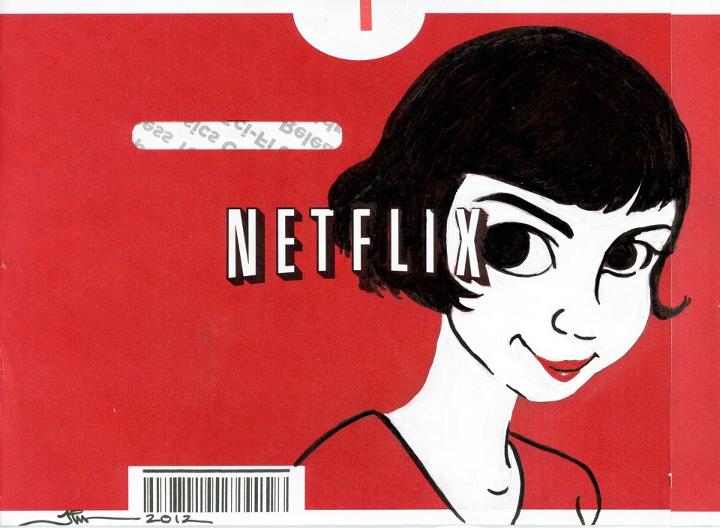Golden Horse Nominees Include Two Oscar Contenders
 Tuesday, October 2, 2012 at 11:00PM
Tuesday, October 2, 2012 at 11:00PM 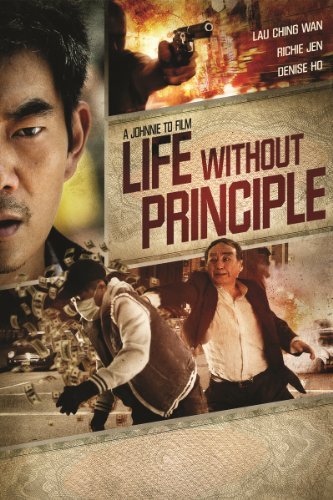 Subtitled fare always seems to consume me in September and early October as the Foreign Language Submission List for Oscar takes shape (it's not quite official yet but the submission deadline has passed). This is also the time of year when The Golden Horse, the preeminent Chinese/Taiwanese film awards, announce their nominations. Rather than a huge Academy vote, the Golden Horse is determined by a jury. Andy Lau who starred in Hong Kong’s Oscar submission A Simple Life last year and is best known internationally for two hits from the Aughts (The House of Flying Daggers and Infernal Affairs which was later remade into The Departed) is the president of this year’s jury.
Subtitled fare always seems to consume me in September and early October as the Foreign Language Submission List for Oscar takes shape (it's not quite official yet but the submission deadline has passed). This is also the time of year when The Golden Horse, the preeminent Chinese/Taiwanese film awards, announce their nominations. Rather than a huge Academy vote, the Golden Horse is determined by a jury. Andy Lau who starred in Hong Kong’s Oscar submission A Simple Life last year and is best known internationally for two hits from the Aughts (The House of Flying Daggers and Infernal Affairs which was later remade into The Departed) is the president of this year’s jury.
Caught in the Web, China's Oscar submission, was apparently not eligible.
BEST PICTURE NOMINEES
- Beijing Blues -a police procedural
- Mystery - is the leader with 8 nominations. It's a thriller from Lou Ye, who is most known for erotic dramas like Summer Palace and Cannes hit Spring Fever.
- Life Without Principle - This Johnnie To film about a loan shark is Hong Kong's Oscar submission this year.
- Gf*Bf -a decade long love triangle between three intimate friends with some gay elements. I included the trailer below
- The Bullet Vanishes -a period piece and whodunnit
Flying Swords of Dragon’s Gate, which recently played in the states, won some technical nominations but none of the headline categories.
Best Actor
Nick Cheung – Nightfall
Ching Wan Lau – Life Without Principle
Joseph Chang - Gf*Bf
Chapman To –Vulgaria
Nicholas Tse –The Viral Factor
 Taiwan's Oscar submission "Touch of the Light" was only nominated for Best Actress
Taiwan's Oscar submission "Touch of the Light" was only nominated for Best Actress
Best Actress
Baihe Bai –Love is Not Blind
Lei Hao - Mystery
Denise Ho –Life Without Principle
Lun-Mei Gwei – Gf*Bf
Sandrine Pinna –Touch of the Light
You can see the rest of the nominees at the official Golden Horse Awards site.



